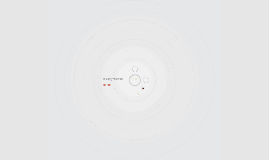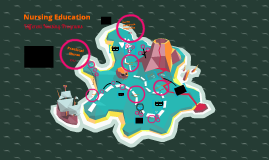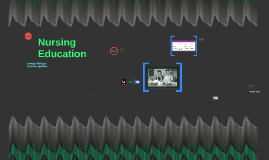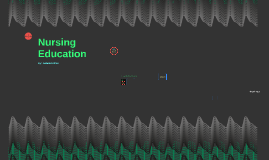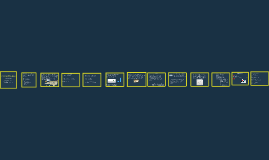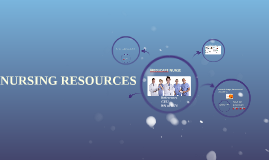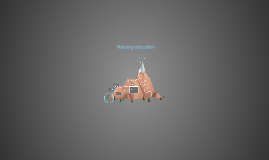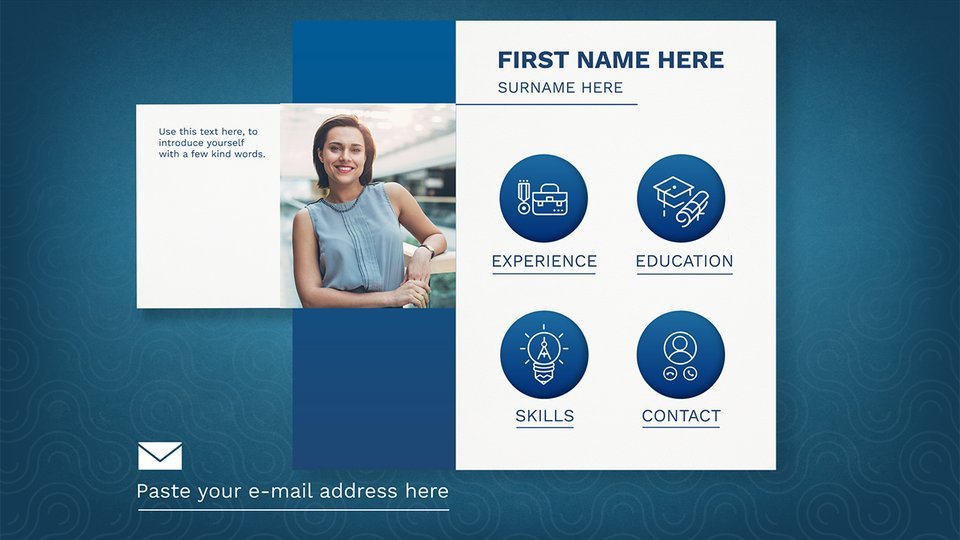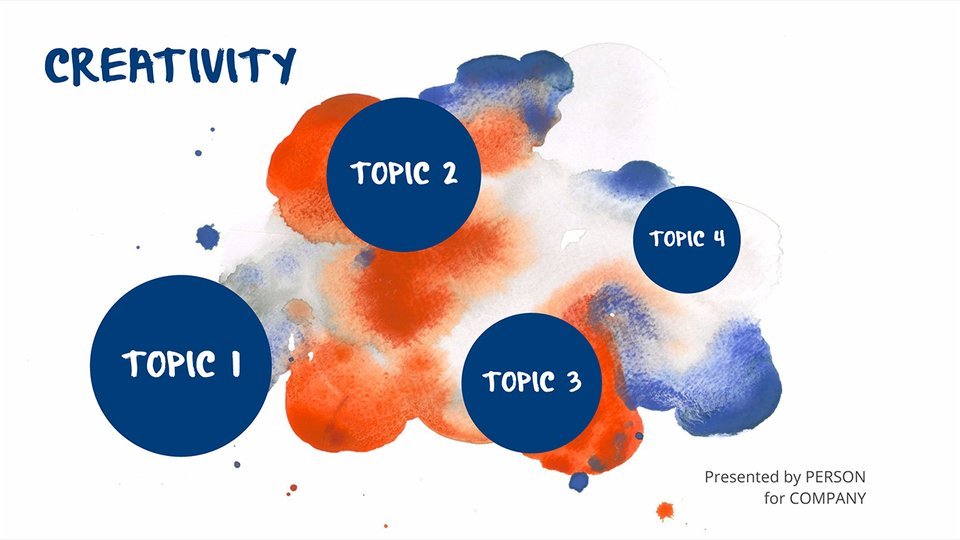Nursing Education
Transcript: Thank You! What's Ahead recruit faculty who are proficient in handling new technology develop academic and continuing education curricula respond to trends- EHRs, chronic disease management, telemedicine, ambulatory care Question: When was the first bachelor degree program started? Nurse education consists of the theoretical and practical training provided to nurses with the purpose to prepare them for their duties as nursing care professionals. Bridging the Gap Exploring New Roles and Capabilities encourage further education--> enhanced roles evaluate current roles- explore opportunities for refinement , expansion and development Nursing Education A growing body of research shows a connection between baccalaureate education and lower mortality rates. Tourangeau and colleagues (2007) studied 46,993 patients and found lower 30-day mortality rates in hospitals with higher proportions of baccalaureate degree-prepared nurses. Where do we think nursing education will be in the future? Our Recommendations: To keep pace with the rapidly changing healthcare environment, nurse educators must continuously evaluate and revise education curricula, approaches, and programs used to educate new and practicing nurses. Knowledge Sharing- Shifting Focus faculty engagement integrating evidence based tools partnerships- mentoring and training surveys and academic research on provider and educator needs Answer: In 1924, Yale University offered the first separate department of nursing whose graduates earned the baccalaureate degree Technology Education, Hands- on Experience and Support EHR- reduce the potential for errors and improve clinical coordination and patient care outcomes patient simulation TIGER initiative Strategies Bridget Mulligan Caroline Spillane References Addressing New Challenges Facing Nursing Education: Solutions For Transforming Healthcare Environment. (March 2010). National Advisory Council on Nurse Education and Practice. Retrieved from https://www.hrsa.gov/advisorycommittees/bhpradvisory/nacnep/Reports/eighthreport.pdf. Advancing Nursing Education, Advancing Health. ( 2016, January 26). Retrieved from https:/ www.youtube.com/watch?v=Cl_J0YGdpfE&t=309s Cherry, B., & Jacob, S. R. (2017). Contemporary nursing: issues, trends, & management. St. Louis, MO: Elsevier. Milbert, A., & Troseth, M. (2011, January 4). Nursing Education & Practice: Bridging the Gap. http://nursing.advanceweb.com/Features/Articles/Nursing-Education-Practice-Bridging-the-Gap.aspx Nursing Education: Past, Present, and Future. (2005) Retrieved from http://www.jblearning.com/samples/0763752258/52258_CH02_Roux.pdf The Future of Nursing: Focus on Education. (2015, August 19) http://www.nationalacademies.org/hmd/Reports/2010/The-Future-of-Nursing-Leading-Change-Advancing-Health/Report-Brief-Education.aspx?page=2 The Importance of Education in Nursing (2012, November 08). Retrieved from https://www.youtube.com watch?v=tSax9It4Mcs The profession of nursing is one of the only careers that does not have a standard level of education necessary for entry into the field. Do you think we should change this? If so why? Do you feel prepared in your clinical setting? What are current issues/ trends in health care that are important in your nursing education in 2017? In the early 1900s, the education of nurses was more of an apprenticeship as opposed to the present day model. Were there any benefits to this earlier system of education? Important Topics in Nursing Education Gerentology Cultural Competence Obesity Family Structure Chronic Diseases Advanced Patient Knowledge Bridging the Gap Bridging the Gap "Nurses are ill-prepared for the profound changes in science, technology and the nature and settings of nursing practice," -authors of Educating Nurses: A Call for Radical Transformation, a 2010 report from the Carnegie Foundation for the Advancement of Teaching. 62 ECG bpm






